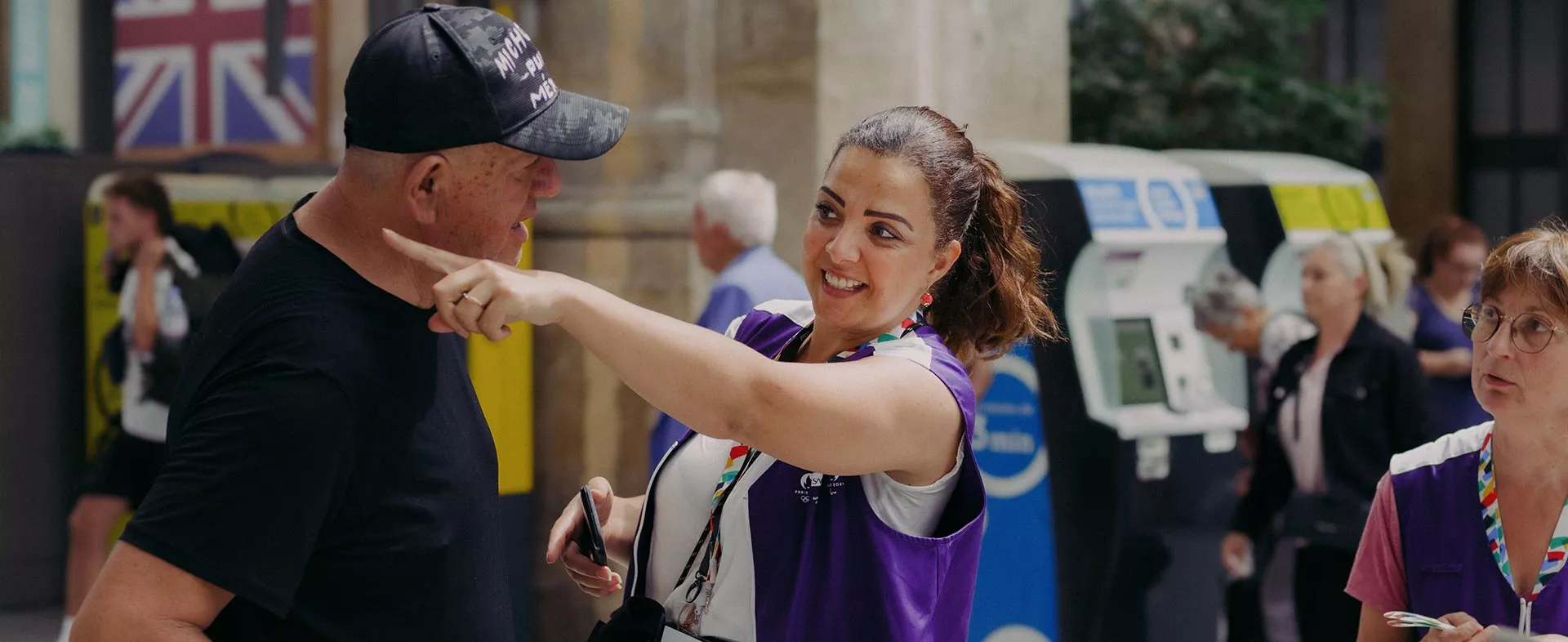
The Paris 2024 Olympic Games
Find out how our teams contributed to this global event’s success and enduring infrastructure legacy.
100% public transport access to competition sites
Hailed as a popular success, the Paris 2024 Olympic and Paralympic Games were also a widely acknowledged achievement in terms of transport. In the months and years leading up to it, the SNCF group built its strategy as an official supporter of this historic event for the country.
For the first time in the history of the Olympic and Paralympic Games, 100% of the competition venues were served by public transport. All the company's activities and business lines rose to this challenge, in particular testing passenger flow management strategies in train stations beforehand.
Watch our documentary : "SNCF, the Olympic year"
The Paris 2024 Games in figures
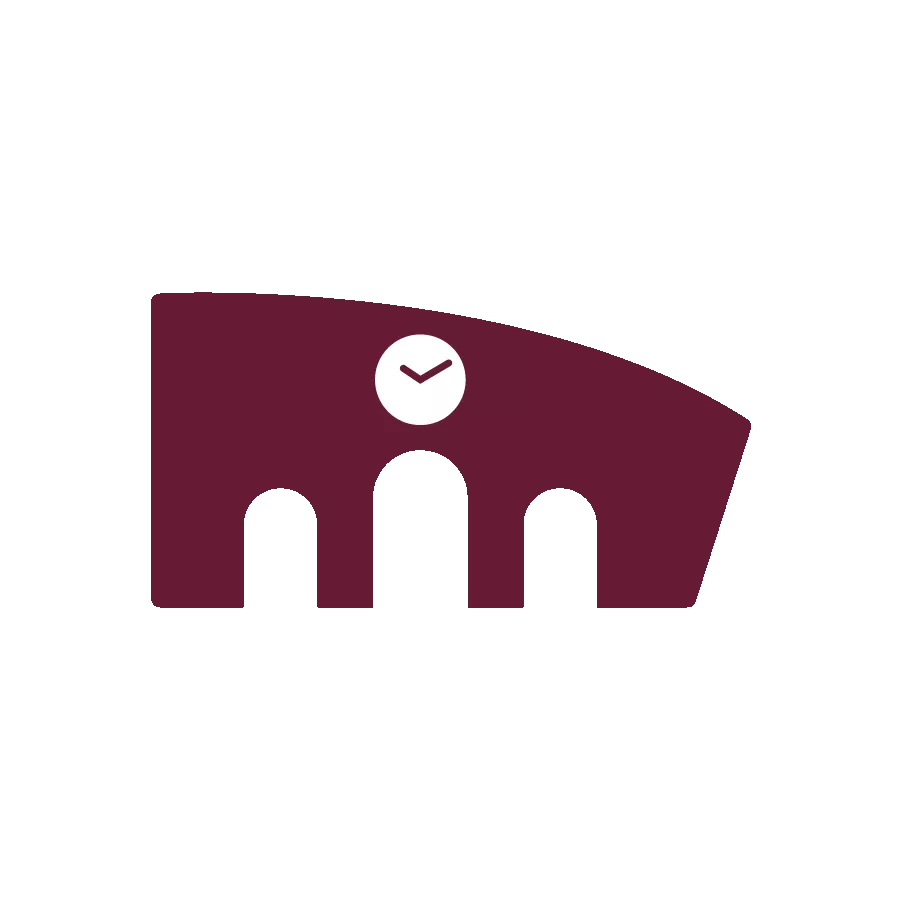
56
stations, including 12 in the French provinces, swung into action
- Learn more
4 million
passengers transported each day in the Paris Region
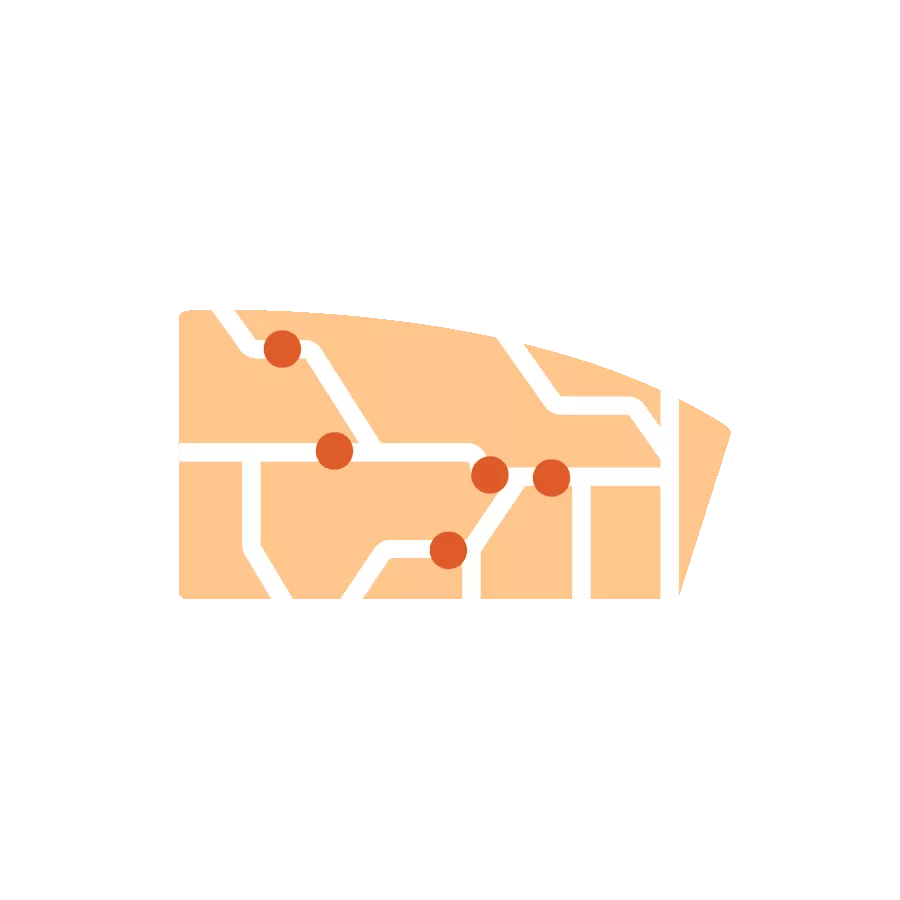 Learn more
Learn more120,000
schoolchildren transported thanks to the programme “My class at the Paralympics”
A great leap forward in terms offor infrastructure
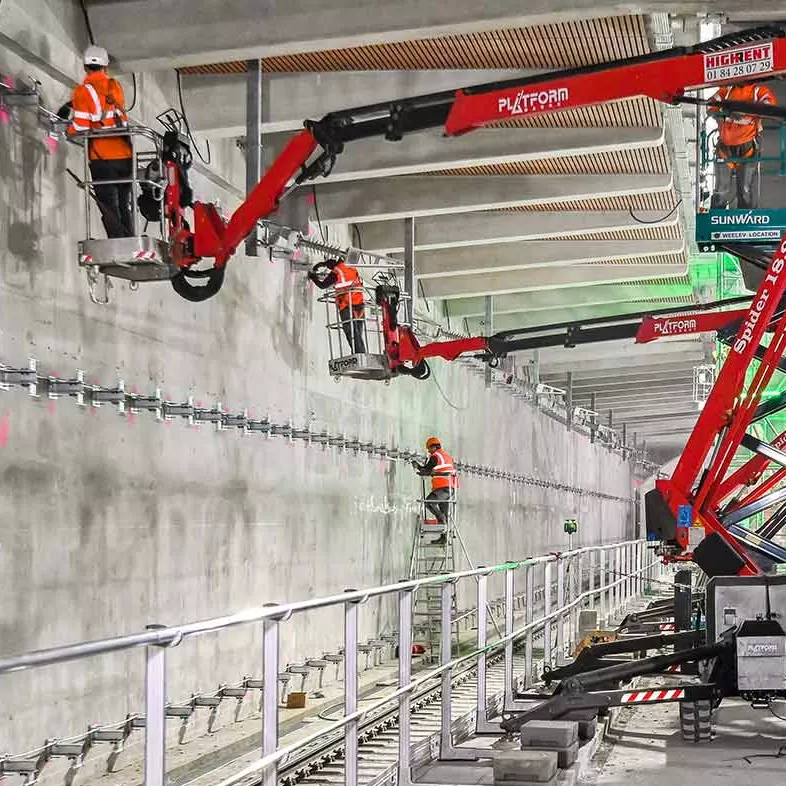
Eole: extending mass transit to western Paris
Opened on 6 May 2024, the Paris Region’s RER E westward extension—complete with 8 kms of new underground infrastructure and three new stations (Nanterre La Folie, La Défense Grande Arche, and Neuilly Porte Maillot)—already carries 70,000 passengers a day. Ultimately, Eole will serve over 650,000 passengers daily, while nearly 2 million passengers on other lines in the Paris Region will also experience its benefits.
Who’s funding EOLE?
In addition SNCF Réseau, this westward extension of the RER E line is funded by:
- the French State
- the Île-de-France region
- Île-de-France Mobilités, the public transport authority that organizes and coordinates all public transport in the Paris region
- the Hauts-de-Seine department
- the Yvelines department
- the City of Paris
- Société des Grands Projets, a French agency that supports and manages major infrastructure projects in France
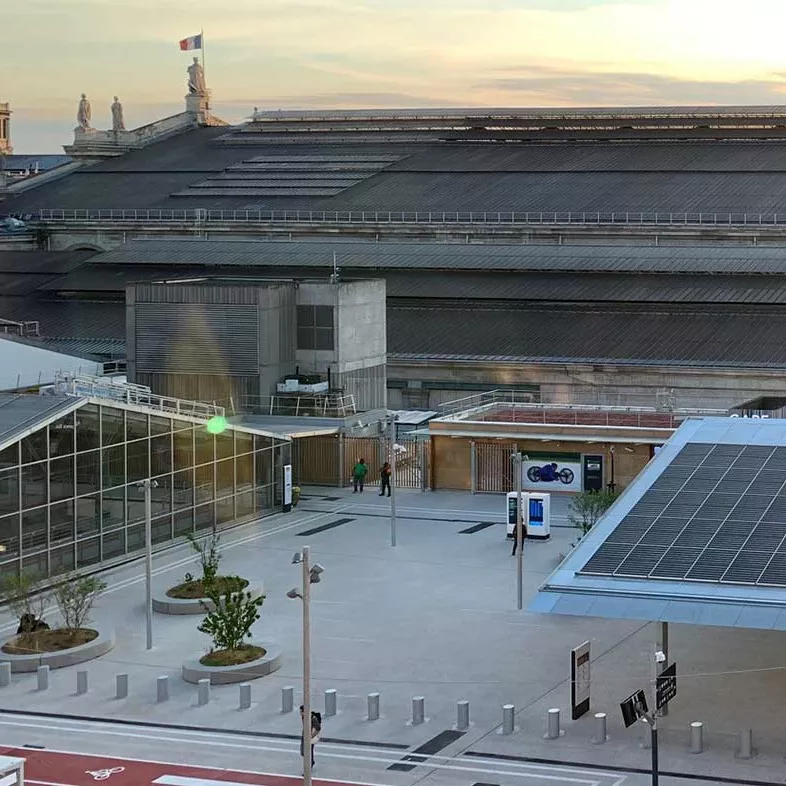
Renovating and modernising our stations
SNCF Gares & Connexions upgraded Paris Montparnasse and Paris Gare de Lyon stations in 2021. End-2023, saw it focusing on refurbishment of the historic passenger halls at Paris Austerlitz and Paris Gare de Lyon stations. At the same time, it kicked off both the transformation of Lyon Part-Dieu station (serving south-eastern France) and the first phase of upgrades at Paris-Nord station. G&C is enhancing intermodality, with several new, secure bicycle parking areas—including the Paris Region’s largest at Paris-Nord, which is also fitted with solar panels to meet all its energy needs. The cost of this innovation is €5 million, funded 55.4% by Île-de-France Mobilités (€2.7 million), 30.4% by the State and 14.2% by SNCF Gares & Connexions.

6,500
secure bicycle parking spaces created for the Paris 2024 Games
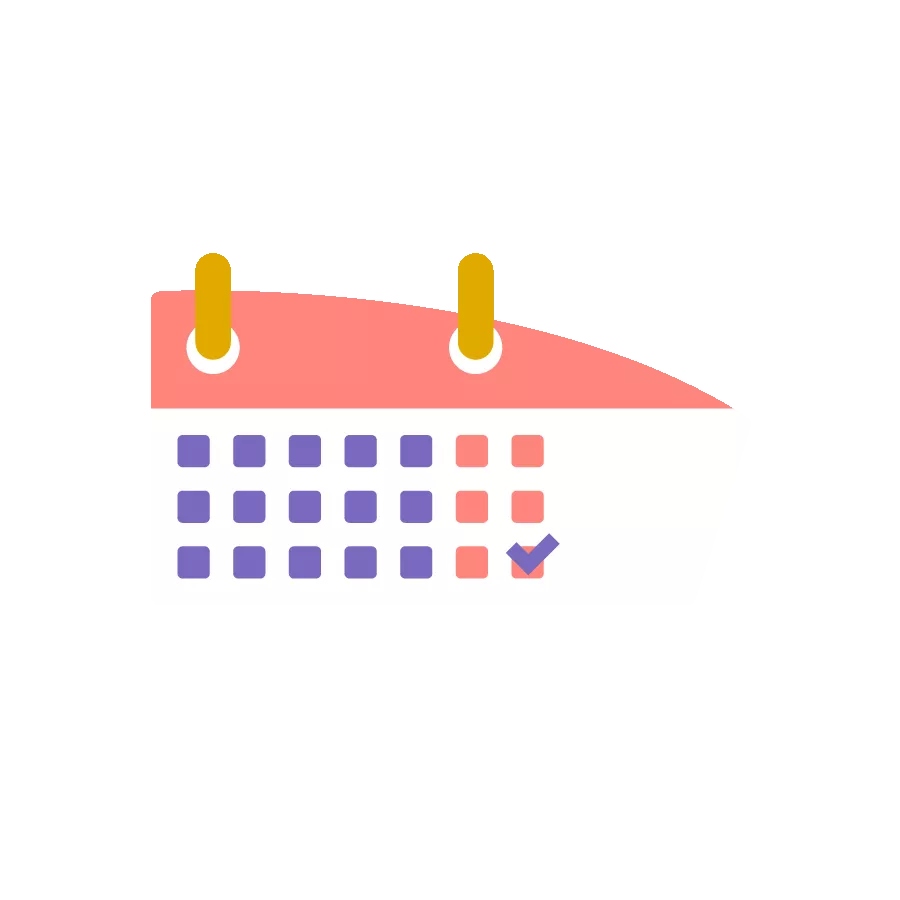
45,000
new bicycle parking spaces in stations across France by end-2024

1,200
secure bicycle parking spaces created at Paris-Nord station
How we contributed to the 2024 Paris Games—a look behind the scenes
Tune into our web series to see how SNCF’s employees and athletes gave their all to the Games—both behind the scenes and before the crowds—leaving their mark on this historic event.
Accessibility, a major issue
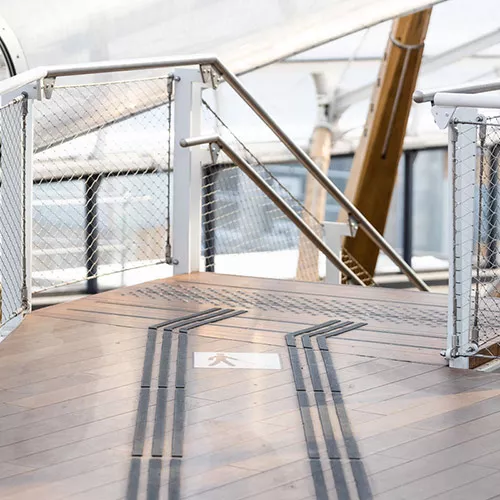
230 newly accessible stations in the Paris Region
As part of the regional blueprint for accessibility financed by Île-de-France Mobilités, 230 stations were made accessible in the Paris Region, covering 95% of the region’s rail traffic. Upgraded stations include Saint-Quentin-en-Yvelines, Saint-Denis, Austerlitz RER, Invalides and Champ de Mars.
In the run-up to the Paris 2024 Games, the busiest stations during the competitions— both in the Paris Region and elsewhere in France— were also improved. Their priority facilities were upgraded with:
- tactile warning strips for pedestrians’ safety
- increased visual contrast on stairs and platforms
- improved signage for lifts and assistance meeting points

Tools that make travelling easier
SNCF Gares & Connexions launched Assist'enGare, a one-stop-shop booking service (available in French and English) for in-station passenger assistance, whatever the carrier or type of train used. During the Paris Olympic Games, 97% of users said they were satisfied with the service.
SNCF also tested and deployed Acceo, a tool that enables station agents to communicate with the deaf and hard-of-hearing through instant speech transcription or by connecting to an interpreter in French Sign Language or French Cued Speech.
A huge “THANK YOU!” to our 14 SNCF athletes
14 of the 30+ elite sportsmen and women in our SNCF Athletes programme took part in the Paris 2024 Olympic Games— and made our hearts sing.
Congratulations to Sarah-Léonie Cysique, judoka and station agent with the Rapid Response Team (EAR) at Paris Est station, on winning not one, but two Olympic medals—gold in the team event, and bronze in the individual event (-57kg)!
Revolutionizing crowd flow management
A first in Europe
This innovation allows passengers to position themselves on the platform so as to board a less crowded carriage and thus enjoy a comfortable journey. It also enables better management of the flow of passengers boarding and alighting from trains, and optimizes train parking times in stations. This large-scale deployment was a first in Europe.
The Paris 2024 Games were also an opportunity for SNCF Voyageurs to speed up its embrace of multilingualism. In trains and stations in the Paris Region, as well as on TGVs, passenger information is now available in several languages (French, English, Spanish and Italian), making it easier for everyone to access services.
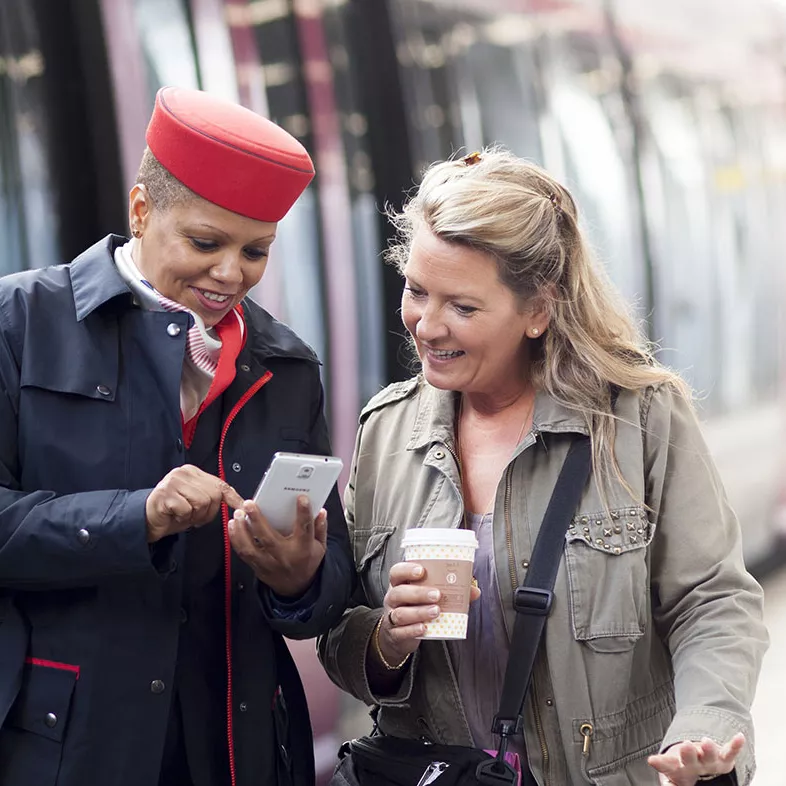
An app that “speaks” in 130 languages
SNCF launched Trad SNCF, a translation application available in 130 languages, to help, guide and reassure its international customers. All SNCF staff can now use their smartphones to understand and respond to questions from international customers in stations and remotely. The tool uses reliable, rail-industry appropriate vocabulary. Lastly, SNCF Voyageurs equipped its new trains with audio systems that can be used remotely by supervision centres to provide real-time information to passengers.
Using AI to simplify our operations
The Paris 2024 Games also served as an opportunity to adapt certain rail rules in dense urban areas. For example, where drivers previously had to stop, they are now allowed to proceed under a “slow order” if there is an intrusion on the track. SNCF Réseau also stepped up predictive maintenance using AI-powered sensors that can detect early warning signs. It installed 5,000 trackside measuring devices in the Paris Region—1,800 more than in 2023.
Share the article